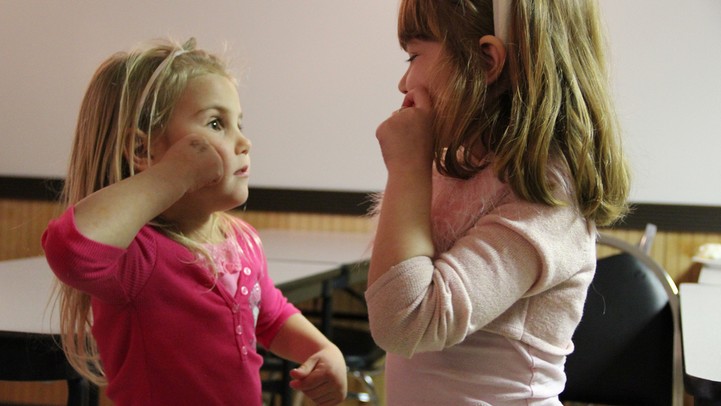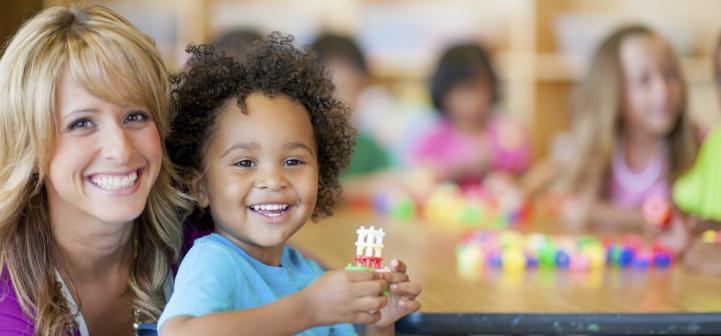
Child care providers are sometimes the first people to notice that a young child has a hearing problem. Some hearing issues may be temporary like an illness; others may be more permanent.
Being able to hear is important for many aspects of a child’s life — learning to speak, acquiring knowledge, recognizing danger, and communicating with others. Almost all newborns will make sounds like crying, cooing and babbling. They communicate to get their needs met and then move on to taking turns talking and listening. An interruption in the ability to hear can have significant impact on the development of language.
Early detection of hearing problems and early intervention are very important. If you are concerned that a child in your child care program is not hearing well, share that information with the parents so that they can have the child’s hearing tested.
The following articles will provide more information about signs of concern that may suggest a hearing disability, as well as ways to adapt the child care program to support the needs of children with hearing disabilities.
- Hearing Disabilities: Signs of Concern
- Specific Ideas for Child Care Providers to Help Children with Hearing Disabilities
For more information on supporting children with special needs in a child care program, check out the eXtension Alliance for Better Child Care section on Child Care for Children with Special Needs.
Photo by daveynin / CC BY http://creativecommons.org/licenses/by/2.0/
